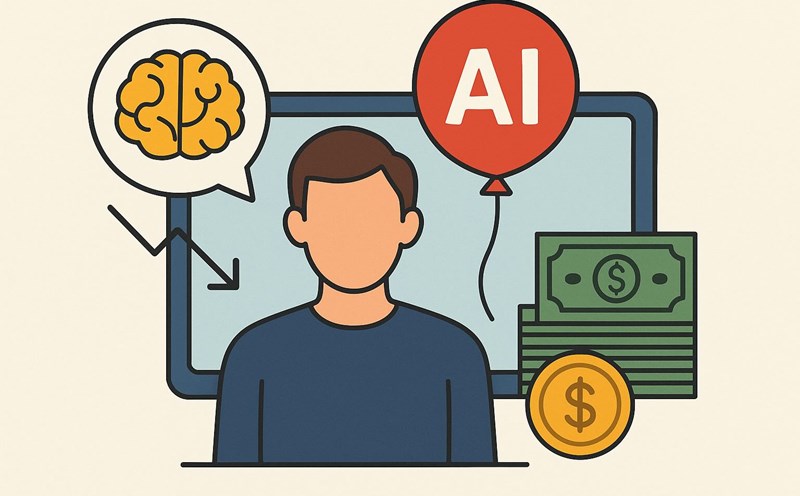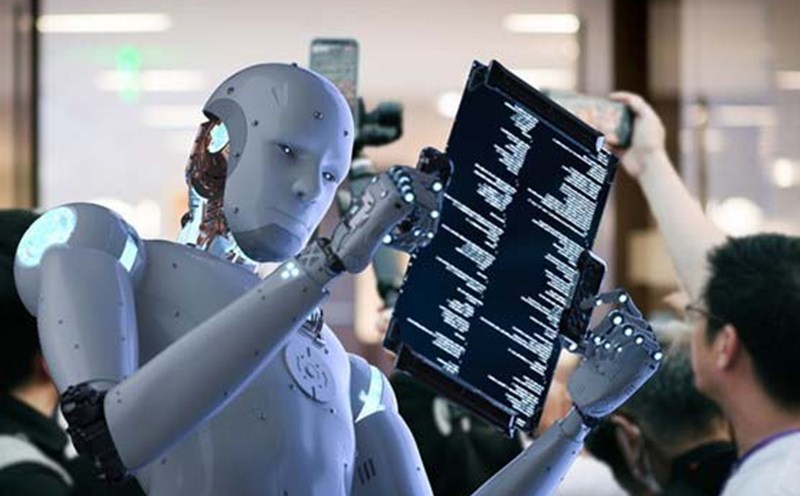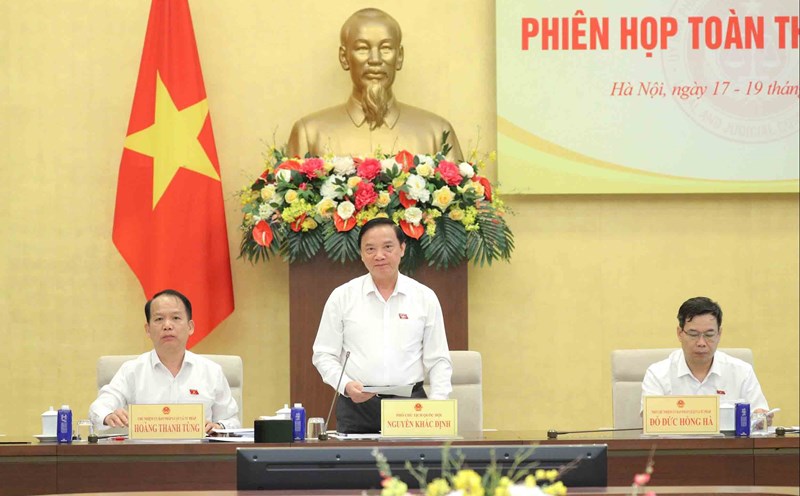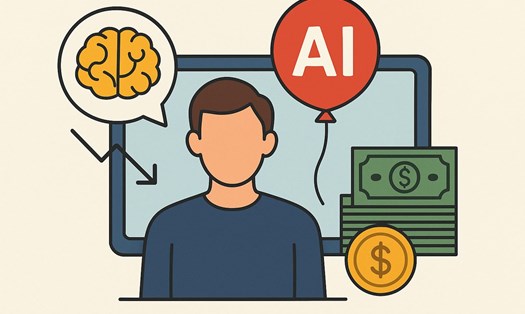A new study published by OpenAI has revealed how consumers around the world have used ChatGPT for three years since the launch of this chatbot.
The results show that more and more people are looking at ChatGPT as an alternative search engine, alongside Google, which is dominating this segment.
According to a 6-page report by the National Economics Research Institute (Nber), conducted by OpenAI in collaboration with economist David Deming (Hardard University), as of July 2025, about 24% of messages users sent to ChatGPT were for information search, an increase of 10% compared to the previous year.
Along with that, tasks such as hands-on guidance, answers and writing support account for nearly 77% of all conversations.
Since its launch in 2022, ChatGPT has reached more than 700 million weekly users, equivalent to about 10% of the global population.
This is OpenAI's first comprehensive study on the popularity and impact of this AI tool on consumers.
The company affirms that ChatGPT is gradually creating real economic value through improving users' judgment and work productivity.
The study conducted on more than 1.5 million conversations from May 2024 to July 2025, ensuring the exclusion of sensitive data and specific groups such as users under 18 years old, deleted accounts or ChatGPT Enterprise. The data mainly comes from users of Free, Plus and Pro packages.
One of the notable findings is that only about 30% of users use ChatGPT for work purposes. This figure shows that AI integration in businesses is still in its early stages, despite global corporations spending tens of billions of USD on AI to create.
The rate of work-related messages is higher among young people who are educated and work in professional fields. However, for users aged 66 and over, only 16% of the conversation content is tied to work.
The report also points out many new trends. The use of ChatGPT to support programming has decreased from 12% to 5% as users have switched to API and other automatic programming tools.
Meanwhile, social media trends, such as Ghibli-style AI photo creation, have contributed to promoting the need for multimedia creativity.
Notably, about 49% of messages sent to ChatGPT are related to Ask, showing that many people consider chatbot as a personal consultant rather than an email drafting tool.
The study also recorded demographic changes, as ChatGPT user growth rates in low-income countries are four times faster than in rich countries, and the gender gap in user ratio is gradually narrowing, with 52% of users named feminine, a sharp increase compared to 37% in early 2024.
According to OpenAI, this data not only shows how users use AI in work and life, but also reflects a global trend as AI is becoming an important part of digital life, far beyond the scope of a simple work support tool.










